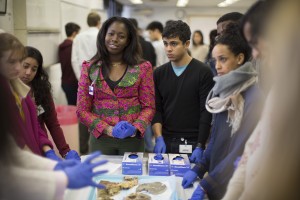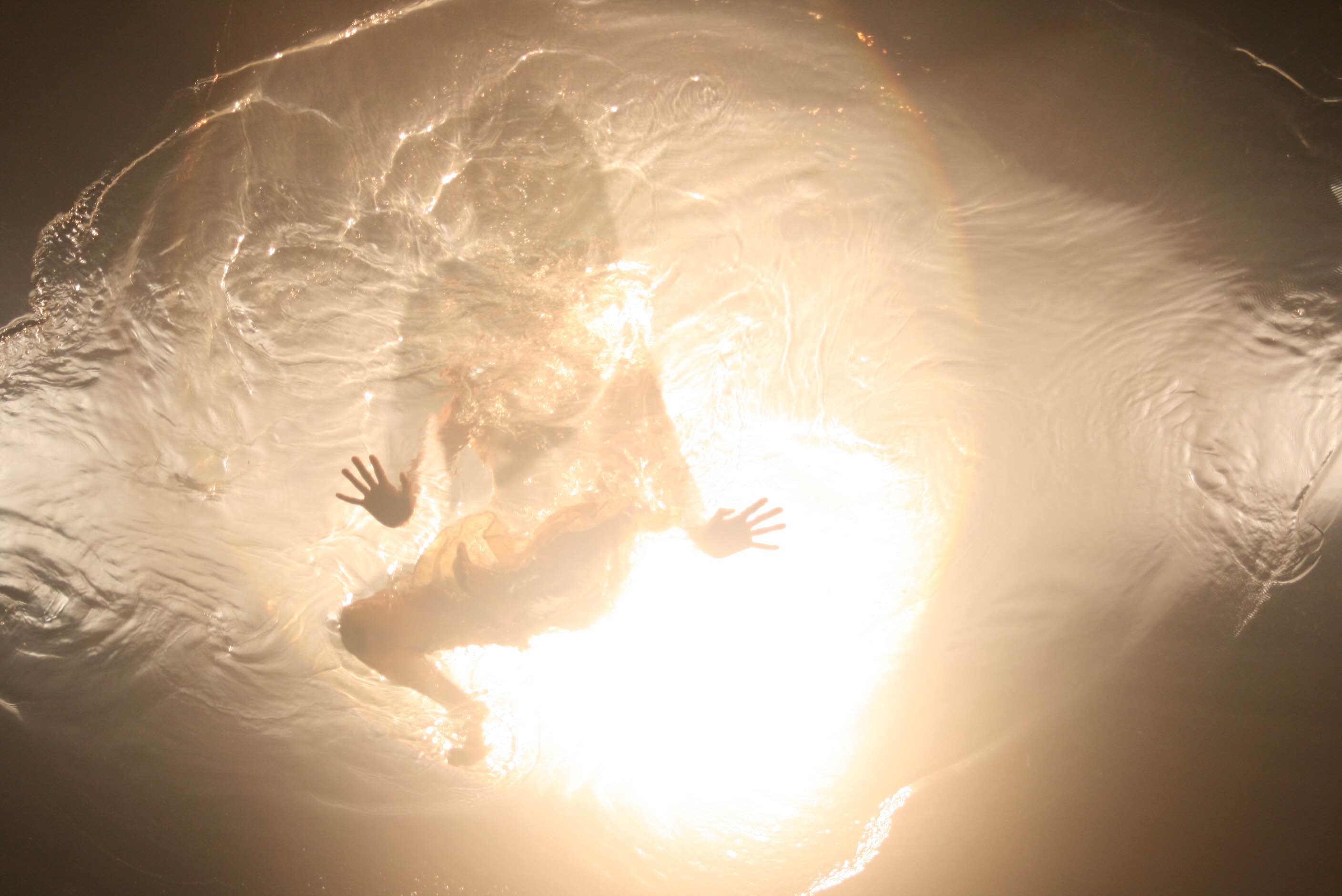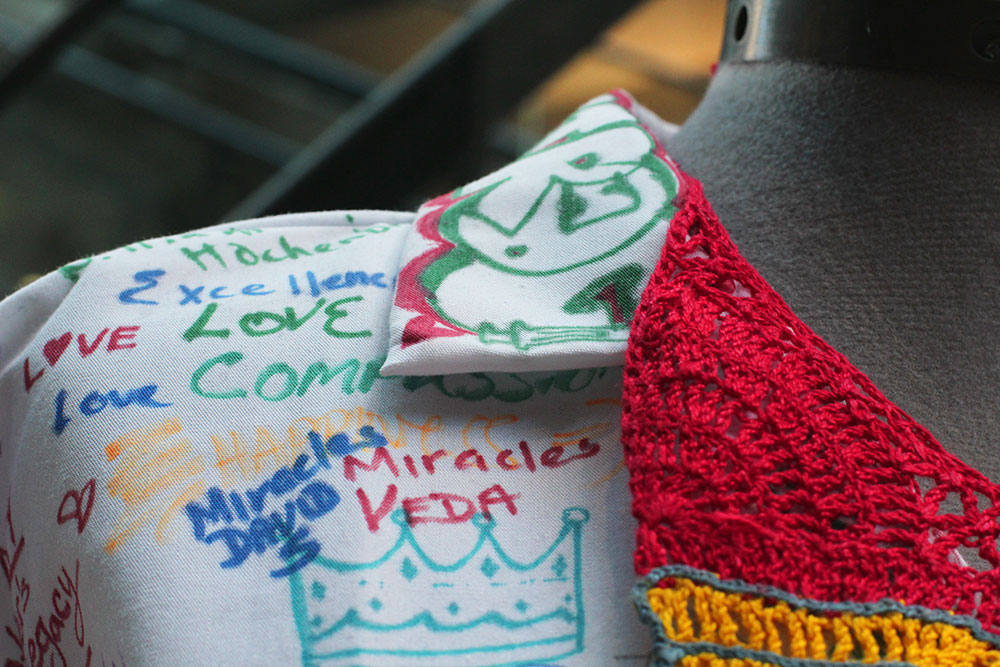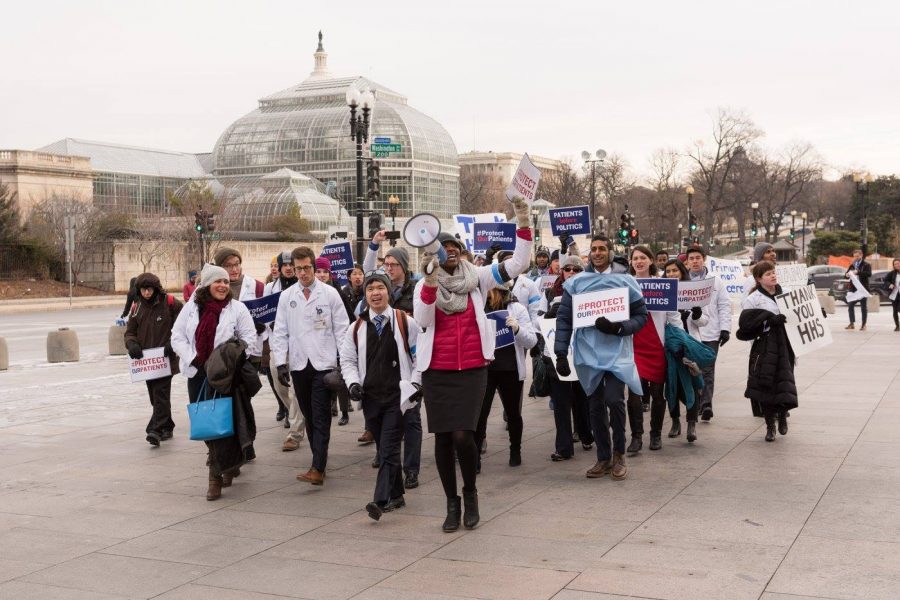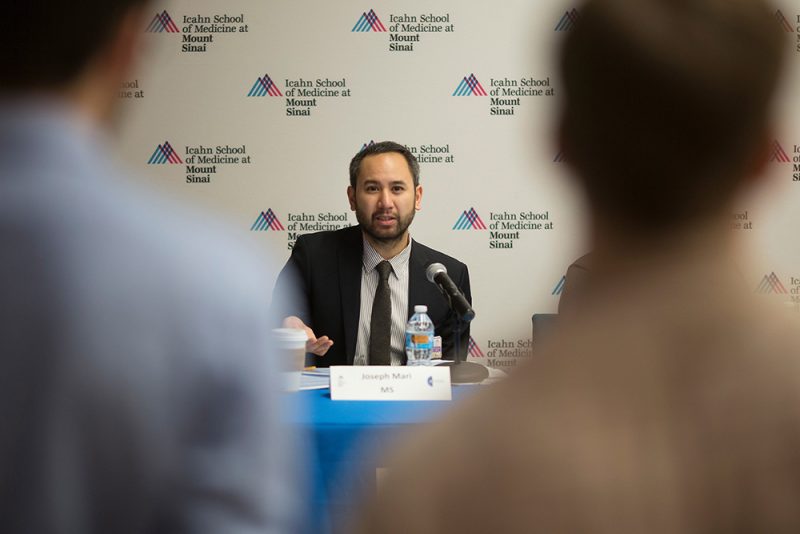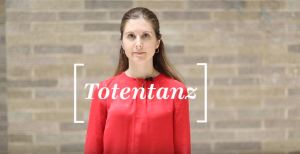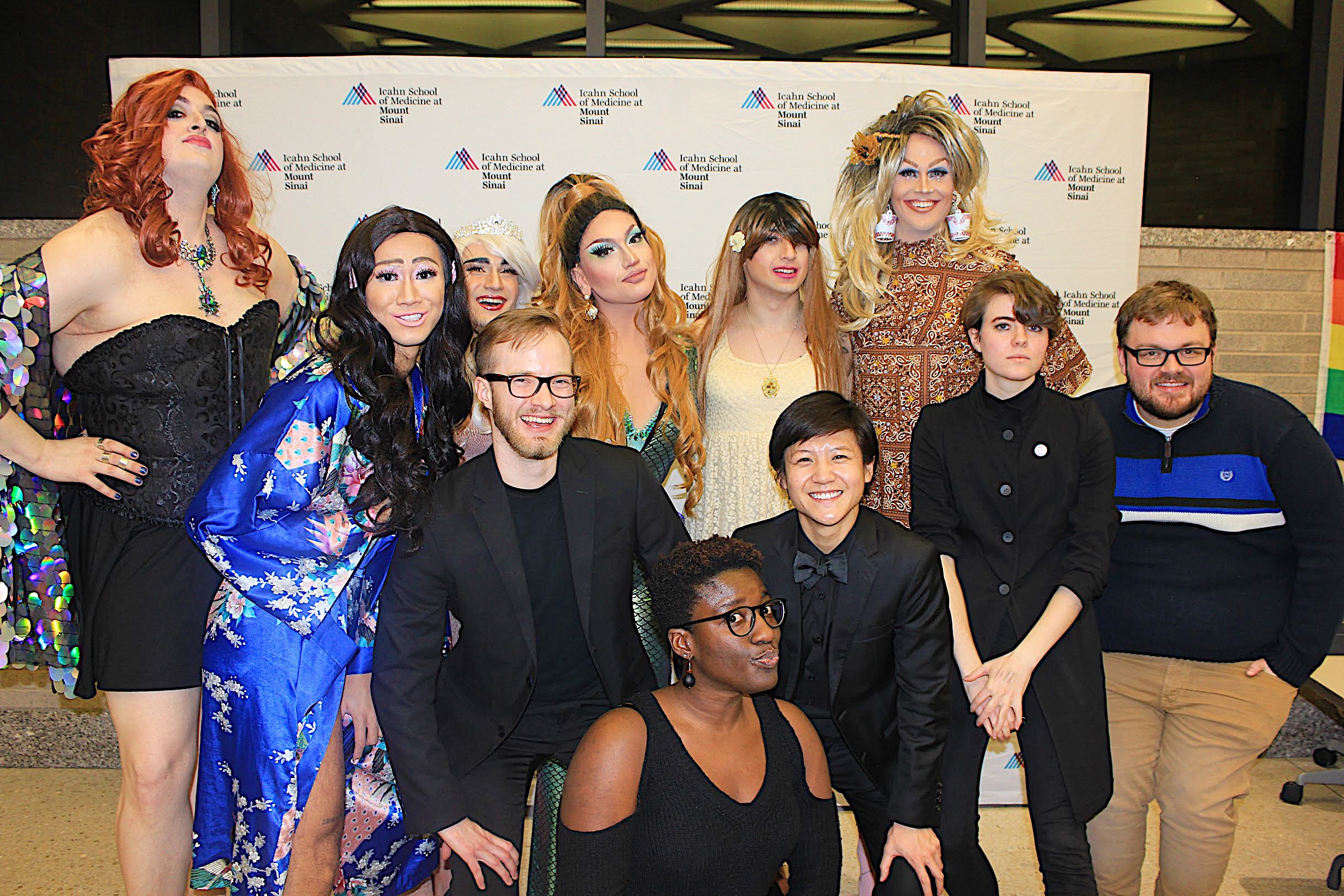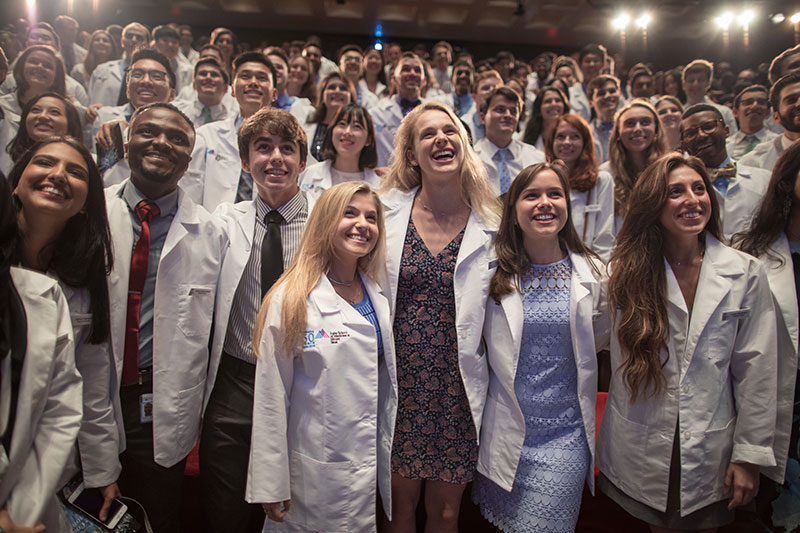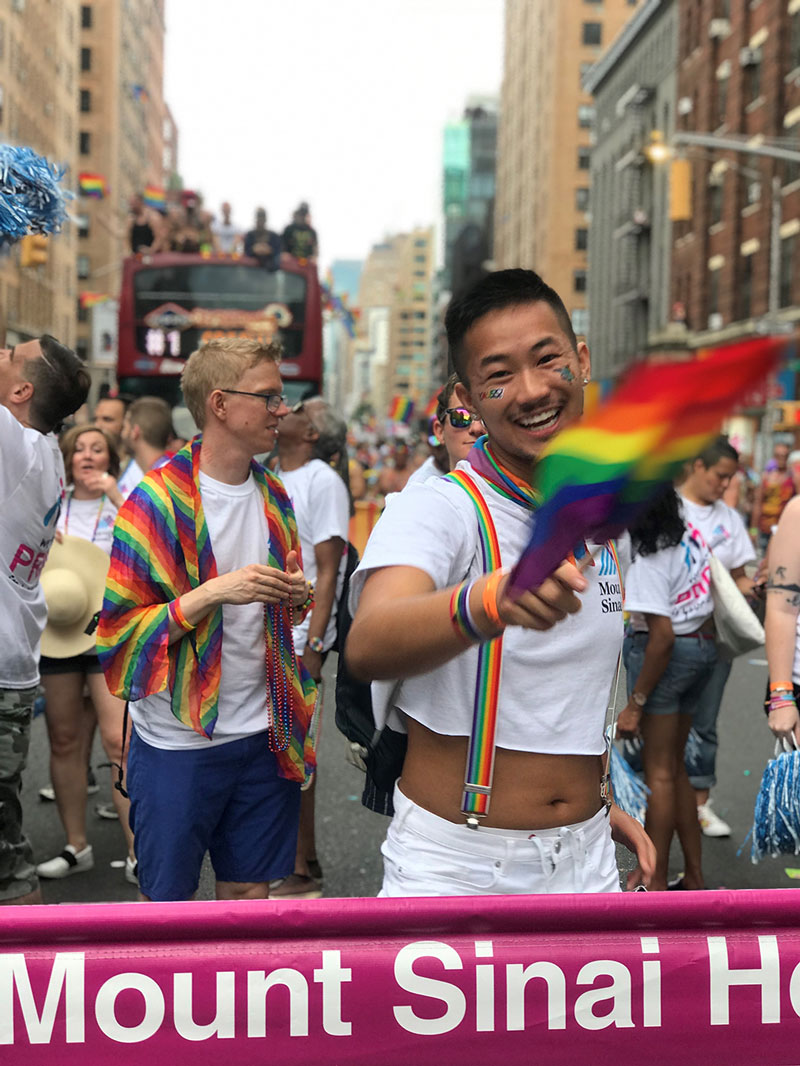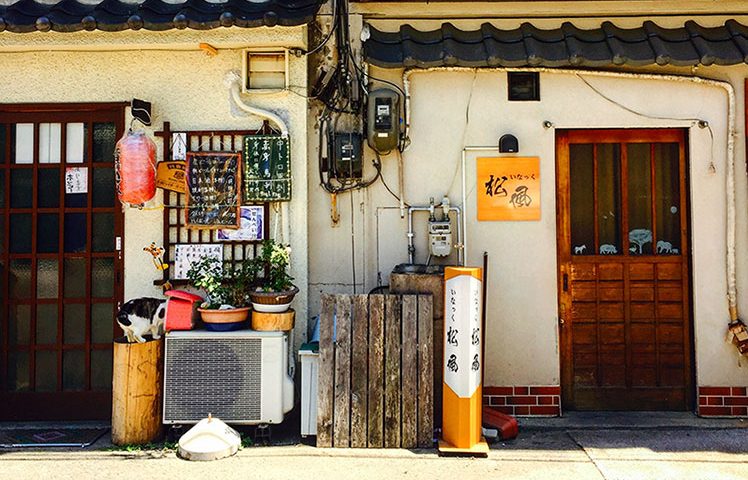After a visit to the Family Health Center of Harlem during one of the earlier Art and Science of Medicine sessions, I had the pleasure of being introduced to a doctor who had himself been a medical student at Icahn School of Medicine at Mount Sinai. As a student, in order to use his French speaking skills in a medical setting, he had found an organization with which he was able to work and still continues to do so till this very day.
Having no knowledge of Spanish but being fluent in French (I was a French major in college), I had failed to find my niche at the East Harlem Health Outreach Partnership (EHHOP). Tuesday morning found me at the doors of the afore-mentioned organization, the African Services Committee (ASC). I was welcomed with open arms since they had a long-standing relationship with not only Icahn School of Medicine students but with the hospital as well. I spent the day meeting with patients, predominantly Francophone African immigrants, who had difficulties navigating the complex medical system. At the center, they could be tested for various sexually transmitted infections and receive counseling appropriate for any medical conditions they may have among many other services.
Wednesday
My Longitudinal Clinical Experience (LCE) partner and I met our preceptor bright and early at 8:30am to meet our assigned patient for the first time. In the hour spent in her home, my partner and I took her blood pressure, listened to her lung sounds and gave her the flu shot; however, amidst the medicine, we spoke to her about her pets and sports. She was indeed a gracious hostess and we.
Today, we had lecture as usual at 10am. Professor Blitzer spent the morning shedding light on how enzymes function in the presence of inhibitors. Although all of this was utterly fascinating to me, having been a chemistry major in college, the patient presentation during the Art and Science of Medicine session was my reminder of the day that I indeed was a part of the medical community here at Icahn School of Medicine at Mount Sinai. Two individuals stood before my class and revealed intimate information about their struggle with drug addiction. They spared no details as they walked us through the course their life had charted with the understanding that even as first year students, we had been sworn into a group who could be entrusted with the most sensitive of information. I, Efe Chantal Ghanney, was a doctor-to-be. I was humbled beyond words.
Every Wednesday afternoon, from 4pm till 5pm, I teach ninth graders basic anatomy as a part of the Med Docs program. Today, however, was special because it was Competition day, where the students got to show off what they had learnt thus far by answering questions at various stations in order to earn points. Observing my ninth graders as they recalled concepts (some of which I had only ever learned in medical school), I could not help feeling a sense of pride in my kids.
At 7:30pm, I was back in Aron hall for a Clinical skills workshop. As first-year students, we had already learnt how to take blood pressures but then we were introduced to two new skills – conduction of a foot exam for diabetics and performance of venipuncture!
Thursday
Only this past Monday, we had learnt about the Long QT syndrome in lecture and today, a nine-year old girl, along with her mother and her physician, presented her case. Everything we had studied on the topic was suddenly brought to life as I listened to this brave young lady’s story and how she and her family have had to cope. It is easy for one to forget why the small seemingly mundane scientific details are salient but nothing counters that more than seeing the dots connected in a clinical case.
This afternoon, I was further convinced of the importance of the Molecular Cellular and Genomics Foundation course (not that I was not before). This time, we spent the afternoon in our small group discussion groups, deliberating on what the implications of reactions on the molecular and cellular levels were to how a patient would present with a condition.

